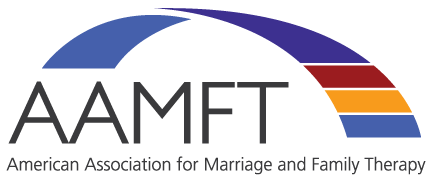Most people will experience some form of trauma in their lifetime, whether from childhood abuse or neglect, the sudden death of a loved one, a criminal act, exposure to war or violence, or even a car accident.
While some people may overcome the symptoms associated with trauma without professional assistance, others may discover that the lingering effects of trauma continue to impact their lives, causing them to feel paralyzed by pain, fear, and confusion long after the event.
In these circumstances, the support, guidance, and assistance of a therapist is fundamental to healing from trauma.
Trauma Symptoms
According to the four types of symptoms listed in the DSM-5
Avoidance Symptoms
- Avoiding specific locations, sights, situations, and sounds that serve as reminders of the event
- Anxiety, depression, numbness, or guilt
Re-experiencing Symptoms
- Intrusive thoughts, nightmares or flashbacks
Hyperarousal Symptoms
- Anger, irritability and hypervigilance
- Aggressive, reckless behavior, including self-harm
- Sleep disturbances
Negative Mood and Cognition Symptoms
- Loss of interest in activities that were once considered enjoyable
- Difficulty remembering details of the distressing event
- Change in habits or behavior since the trauma
Research has proven psychotherapy to be the most effective form of treatment for trauma, with one of the most common and successful therapies being Cognitive Behavioral Therapy (CBT).
Elon is certified in Trauma-Focused Cognitive Behavioral Therapy (TF-CBT), an evidence-based treatment for children, which is proven to reduce or eliminate the symptoms of trauma for kids aged 3-18. TF-CBT can help children who have suffered from multiple traumas, or a single traumatic event. As mentioned on the About Page, this treatment model requires and incorporates the active participation of a parent or caregiver. This is so because, naturally and understandably, the parent/caretaker will likely be experiencing personal distress as a result of trauma, which may be magnified by the symptoms of the child, and/or the guilt, shame, and fear about the event(s). As such, the anguish of the parent/caregiver is considered, addressed, and ameliorated by enhancing parenting skills and increasing supportive interactions between the parent/caregiver and child. This ultimately improves the attachment between the child and parent/caregiver, and produces better, sustainable outcomes for both.
If you or your child are experiencing the trauma symptoms listed above, please call. Let’s end the suffering together.


